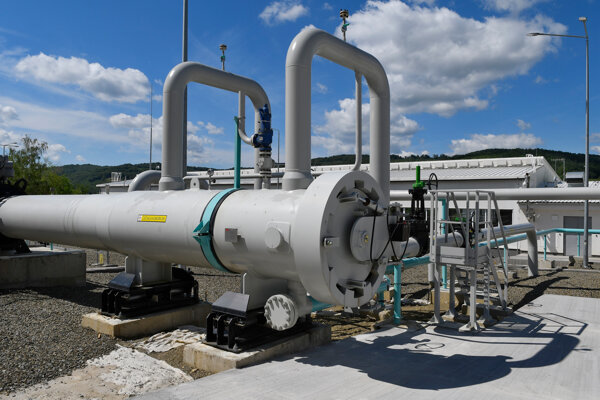Slovakia is lagging behind in presenting a final national plan to reduce emissions by 2030, according to Euractiv.
The plan now includes doubling the share of natural gas in central heating systems and has no clear timetable for reducing fossil fuel use. This raised concerns among environmentalists.
The Ministry of Economic Affairs admitted it would miss the deadline for submitting the final version of its national energy and climate plan, which sets out its strategy to help reduce emissions by 55 per cent by 2030. The plan is expected to be submitted to the Commission “in the autumn.”
All scenarios presented in the earlier version of the plan indicate that Slovakia will double the share of natural gas in central heating by 2030. The ministry explained that the increase is linked to the phasing out of coal in the heating sector and plans to eventually replace natural gas with biomass, wind and solar energy. Ministry spokesperson Mária Pavlusik said:
The high degree of centralisation in heat supply provides favourable technical conditions for utilising biomass, biomethane, and geothermal energy.
However, the details of how and when this transition will take place remain unclear, as the ministry has not provided a specific timetable for reducing the share of fossil fuels, including gas.
As for improvements in green heating processes, such as the introduction of heat pumps, the ministry predicts a near doubling of heat utilisation from heat pumps by 2030 compared to current levels.
Meanwhile, environmentalists expressed concern about the vagueness of Slovakia’s plan, arguing that the text did not clearly state whether the heating sector would only replace coal with fossil gas and biomass or whether it would “make significant use of heat pumps and geothermal energy.”
